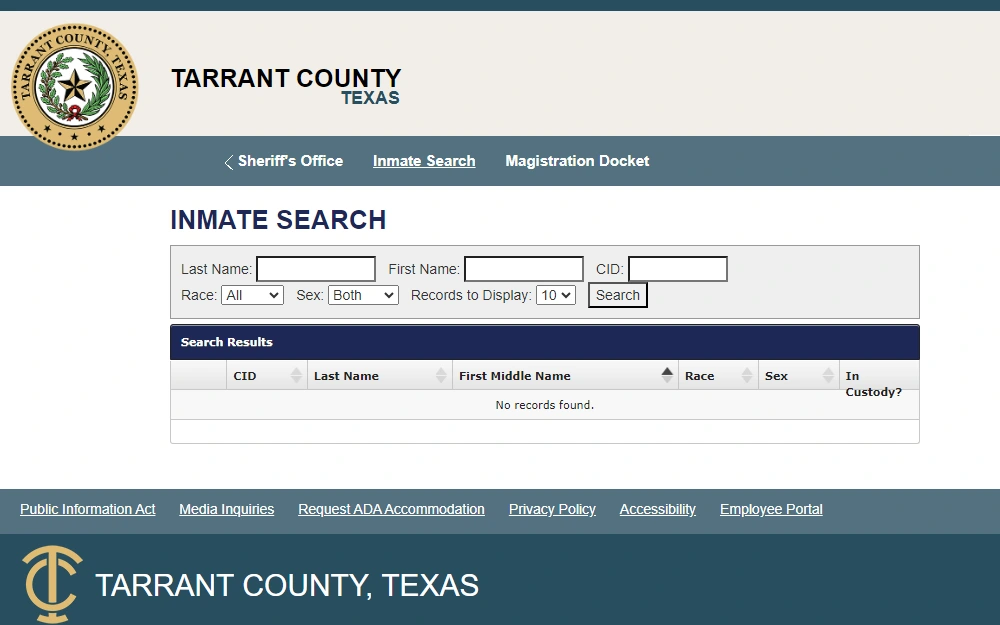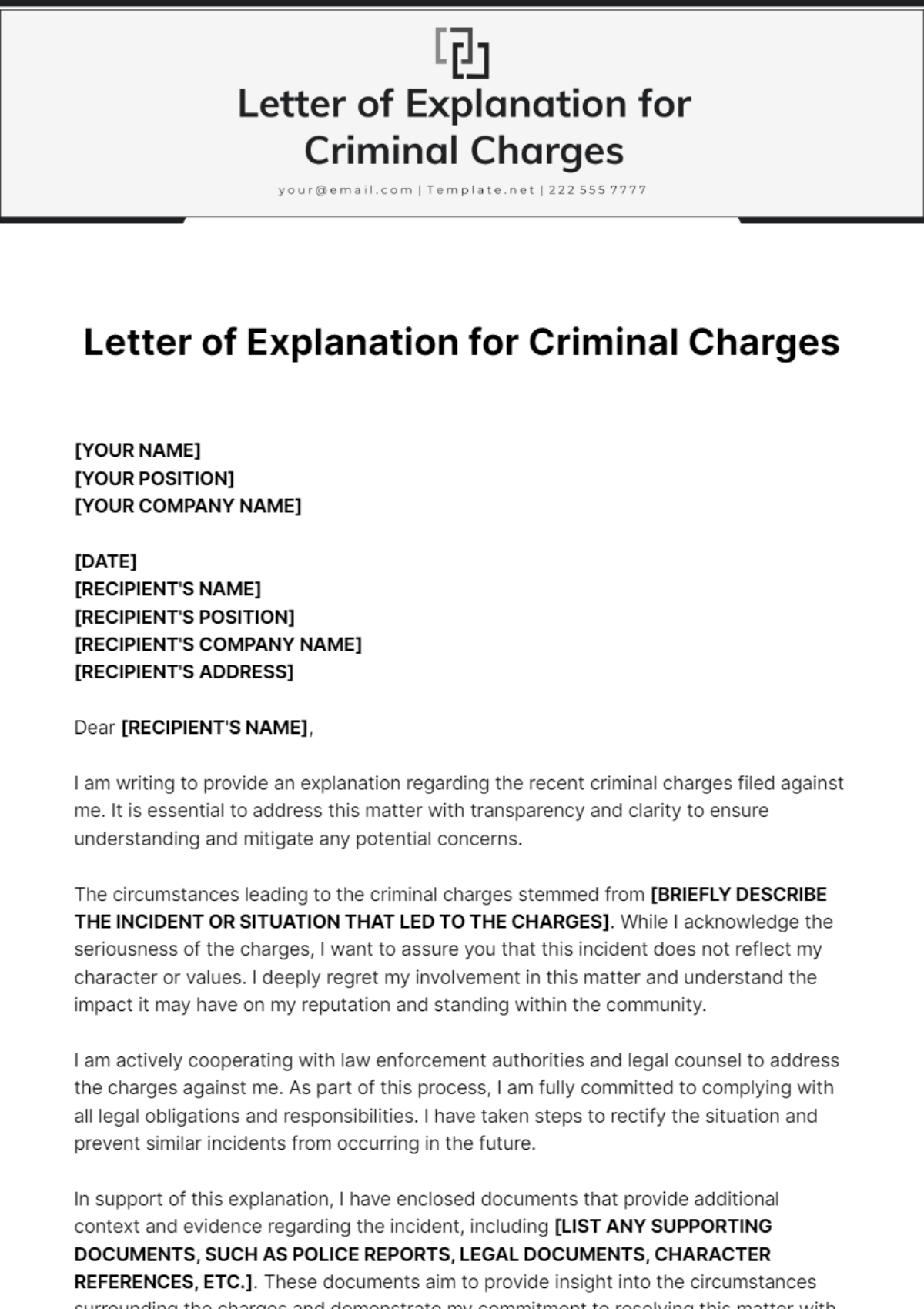How Do I Find Out What Charges An Inmate Has

The hum of the courtroom was a constant, a low thrum that vibrated through the wooden benches. Sunlight streamed through the high windows, illuminating dust motes dancing in the air, each one a tiny question mark. Families sat huddled together, their faces etched with worry, silently wondering what fate awaited their loved ones behind bars.
For those on the outside, navigating the legal system to uncover the specific charges an inmate faces can feel like an uphill battle. However, with the right resources and a bit of patience, obtaining this information is entirely possible, providing crucial clarity and direction for supporting incarcerated individuals.
Understanding Public Records
The bedrock of accessing inmate information rests on the principle of public records. In most jurisdictions, arrest records and court documents are considered public, meaning they are accessible to anyone who requests them. The idea behind this is transparency and accountability within the justice system.
Accessing Online Databases
Many states and counties now maintain online databases where you can search for inmate information. These databases are often managed by the Department of Corrections or the local sheriff's office. You'll typically need the inmate's full name or booking number to initiate a search.
For example, the Federal Bureau of Prisons (BOP) maintains an online inmate locator for individuals incarcerated in federal facilities. Similarly, most state Departments of Corrections offer similar online search tools.
Utilizing Court Records
Even if an online database doesn't yield the desired information, court records are another valuable resource. Criminal charges are filed with the court, making the charging documents publicly accessible.
You can typically access these records by visiting the courthouse in the county where the crime allegedly occurred. You may need to know the inmate's full name and potentially a case number to locate the specific documents. Many courts are also starting to digitize their records, offering online access.
Contacting Law Enforcement Agencies
The arresting law enforcement agency can sometimes provide information about the charges. This could be the local police department or the sheriff's office. However, they may have restrictions on what information they can release to the public.
It's always worth contacting them directly to inquire about the possibility of obtaining information about the charges. Remember to be polite and patient, and to clearly state your reason for seeking the information.
Navigating Privacy Concerns
While most inmate information is public, some limitations exist. Sensitive information, such as addresses of victims or confidential details about the case, will typically be redacted to protect privacy.
It's crucial to be respectful of these privacy considerations when accessing and sharing information about an inmate's charges. Ethical considerations should always be at the forefront.
The Importance of Information
Knowing the specific charges an inmate faces is vital for several reasons. It allows families to understand the severity of the situation and seek appropriate legal counsel. It also enables them to offer targeted support and communicate more effectively with their loved ones.
Furthermore, understanding the charges is essential for advocating for the inmate's rights and ensuring they receive a fair trial. Knowledge empowers those on the outside to become effective allies and advocates within the justice system.
Ultimately, the ability to access information about an inmate’s charges is a cornerstone of a transparent and just legal system. It allows families and communities to stay informed, offer support, and hold the system accountable. While the process may sometimes seem daunting, the resources are available, and the effort is worthwhile.
:max_bytes(150000):strip_icc()/inmate-locator-cf00765eb8444bc3b1d1ecd46038e42f.png)





/135471834-56a9fad93df78cf772abe3ae.jpg)











